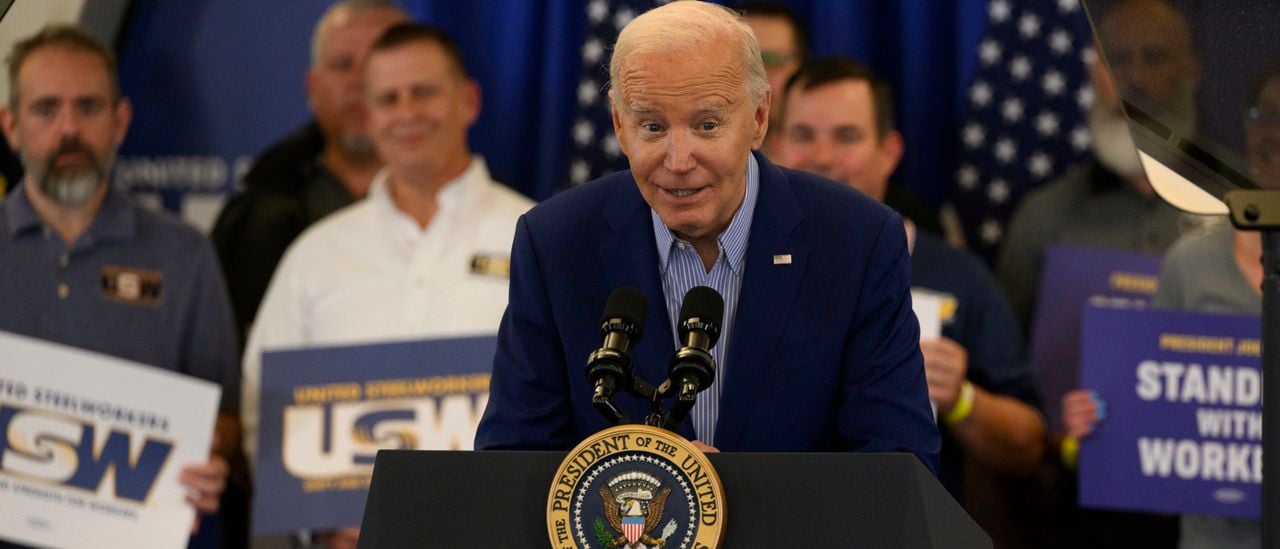DEA Misled Congress and the Justice Department About Deadly Honduras Raids, Watchdog Report Says

The U.S. Drug Enforcement Administration (DEA) misled the public, Congress, and Justice Department officials about an aggressive drug operation that led to a series of deadly confrontations involving agents in Honduras, according to a government watchdog report.
Federal investigators released the damning report on Wednesday. It describes three deadly shootings in a U.S. drug operation in Honduras, saying officers and agency officials misrepresented facts on their use of deadly force, follow up investigations were flawed, and U.S. officials misled Congress about what happened.
The drug operation, known as Operation Anvil, began in April 2012 as a 90-day pilot program designed to disrupt drug transportation flights from South America to Honduras. Members of DEA’s Foreign-deployed Advisory and Support Team (FAST) and officers from a vetted unit of Honduran National Police known as the Tactical Response Team (TRT) comprised the ground team on the interdiction missions, the report states.
The report found serious problems associated with three “deadly force incidents” during Operation Anvil.
The DEA poorly planned the operation, failed to fully investigate the incidents, and gave inaccurate information to Justice Department officials and Congress, according to the report, which was released by inspectors general for the Justice and State departments.
May 11, 2012
The first shooting incident occurred on May 11 in Ahuas, Honduras. Four people were killed, including two pregnant women. Four others were injured when officers opened fire on a passenger boat that made contact with the vessel they were in following a cocaine seizure.
Investigators said there was no credible evidence anyone from the passenger boat fired on the law officers. But the DEA stuck to its narrative that passengers on the boat fired first. Survivors and villagers later said the boat was a water taxi and the victims were bystanders.
One DEA officer and three Honduran officers were involved in the incident. The DEA claimed that none of its officers fired weapons, but the investigators found a DEA officer in a helicopter had directed a Honduran gunner to fire on the passenger boat.
FAST and TRT did not conduct a search-and-rescue mission to help individuals from the passenger boat who may have been injured. DEA officials also initially reported that there were no civilian injuries. However, Embassy officials soon received reports from Ahuas that innocent civilians had been killed and injured and that there had been abusive police activity in a nearby village.
The report says,
“Even as information became available to DEA that conflicted with its initial reporting, including that the passenger boat may have been a water taxi carrying passengers on an overnight trip. DEA officials remained steadfast — with little credible corroborating evidence — that any individuals shot by the Hondurans were drug traffickers who were attempting to retrieve the cocaine.”
In addition, the DEA told Congress that the operation was Honduran led and the DEA was only in a support role. But the Justice Department inspectors general said the DEA officers had “substantial control” over conduct of the operation.
June 23, 2012
The second shooting occurred on June 23. A DEA officer killed a man who was lying face down as he reached toward a handgun in his hip holster at Brus Laguna, Honduras. The officers were searching for drug suspects in the area, but most had fled. DEA officials reported that the officer and Honduran police encountered an armed suspect who ignored orders to drop his weapon and a DEA officer shot him during a search for drug traffickers.
The TRT reported that a firefight between it and the suspect occurred, but according to FAST, this did not happen.
July 3, 2012
On July 3, FAST and TRT officers responded to plane that crash-landed near Catacamas, Honduras. An injured pilot surrendered to the officers, but when a second pilot reportedly ignored their commands, DEA agents fired multiple rounds and killed him.
Shortly thereafter, the report says, the FAST team leader decided to leave the area with the drugs and pilots, rather than wait for Honduran authorities to arrive and process the scene.
TRT submitted two conflicting reports about this incident.
“In addition, DEA officials told us that following the July 3 interdiction, a Honduran officer planted a gun into evidence and reported it as a weapon found at a shooting scene,” the report states.
Other Problems Found
The inspectors general also found problems with preparedness, training, ground support, and coordination with Honduras for the mission. They were critical of how investigations were conducted, particularly for the May 11 deadly shooting, which drew national attention and the attention of Congress as it became public that civilians were killed.
The DEA said that the group involved in that operation – called the Foreign Advisory and Support Team – no longer operates overseas, and claims the agency has made significant changes since the 2012 shootings.
Senator Patrick Leahy (D-VT) said the DEA, Honduran, and State Department officials tried to “perpetuate a self-serving narrative that was fundamentally flawed and demeaned the lives of the victims and the reputation of the United States.”
“I am deeply concerned about the uninformed arrogance at these agencies that produced these failures. This raises serious questions whether these cases are isolated incidents.”
Sen. Leahy, a senior member of the Senate Judiciary Committee, also said the inspector general’s investigation “unmasks egregious events and conduct, as well as the subsequent efforts to hide the truth about what happened.”
“This report is nothing less than a wholesale indictment of the DEA and Honduran police for three poorly planned operations that resulted in the use of deadly force — in one case, the shooting deaths of four innocent civilians — and of incompetent investigations that never seriously pursued the truth.”
State Department officials misled the public with inaccurate talking points that mischaracterized DEA’s role in the operation as supportive, when in fact its agents maintained substantial control of the effort, the report also states.
Delivered by The Daily Sheeple
We encourage you to share and republish our reports, analyses, breaking news and videos (Click for details).
Contributed by Lily Dane of The Daily Sheeple.
Lily Dane is a staff writer for The Daily Sheeple. Her goal is to help people to “Wake the Flock Up!”



